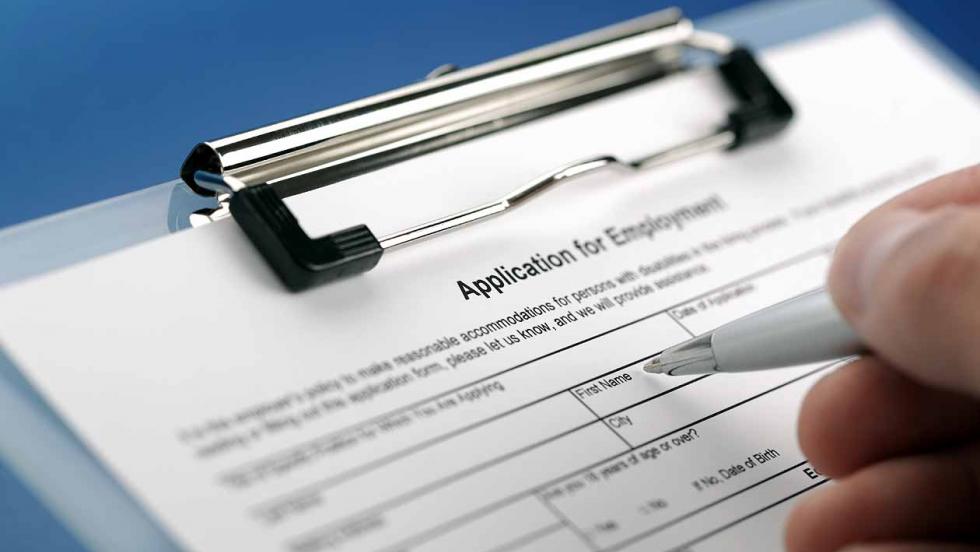Am I work ready?

Looking for a job can take a long time. But you can also find a job quickly. In Oxfordshire, unemployment is low.
Jobs are often advertised for a short time and close quickly. Apply quickly, but carefully.
Take action: ACAS offer a short e-learning course to get you ready for your first day at work. Go to elearning.acas.org.uk, create a free account, and select the "Starting Work" course.
Employers value young people
Young people may feel that a lack of experience or confidence is a problem. But employers understand and value the benefits young people bring to the workplace. These include:
- fresh perspectives and new ideas
- energy, spark and enthusiasm
- fewer obligations and greater availability
When employers are asked what they look for younger workers, one thing they always say is that you must be work ready.
Instant Expert: Visit Barclays Life Skills for more information about how to get work ready.
Getting work ready
To be work ready, employers say that these 5 things help:
- Positive attitude (willing to work)
- Gets along with colleagues
- Acceptable basic skills (written, number and ICT)
- Qualifications or evidence of learning
- Work experience
All these things help. But you still need to look for the job.
Take action: Any young person looking for a job in Oxfordshire can sign up for our weekly Hot Jobs newsletter for exciting apprenticeships, training and jobs opportunities.
Get work ready online
It is important to your future to make sure you look good online.
A good time to do this is well before you are job seeking, like when you are planning your work experience.
Here are our top five tips for getting work ready online:
- Get a sensible email address for job applications
- Make sure that your social networking identities look tidy and professional
- Take down old content you might be embarrassed by
- Defriend people you don't know and any risky contacts
- Join some professional networks
Good to know: The internet can help you get work, find your learning destination and pursue your interests. Your own content online can also support this - as long as it looks good.
Support from your school
Young people receive Information, Advice and Guidance (IAG) about careers at school. This will include things like:
- Careers interviews
- Work experience placement
- Information about apprenticeships, further and higher education and other choices.
You can ask any of your teachers about careers.
Seeking employment or learning? Young people aged 16-18 who are not at school or college can ask for support from the EET Service.
Support from Training providers
Some young people need more support to get ready for work or complete their learning. This might be because they have learning difficulties or disabilities, or because there are other pressures in their life, like being a young parent or a young carer.
Local Training Providers can help with flexible programmes.
Experience: As a work experience student I have done a couple things to get ready for work. I have started writing my CV, which is almost compulsory for job interviews, and I have taken a look into careers which interest me, I am good at and also enjoy. I also plan to research into a job’s area and I have already looked at what interviewers are looking for. When I’ve done all this I feel I’ll be ready for whatever comes my way - Isaac, 15


